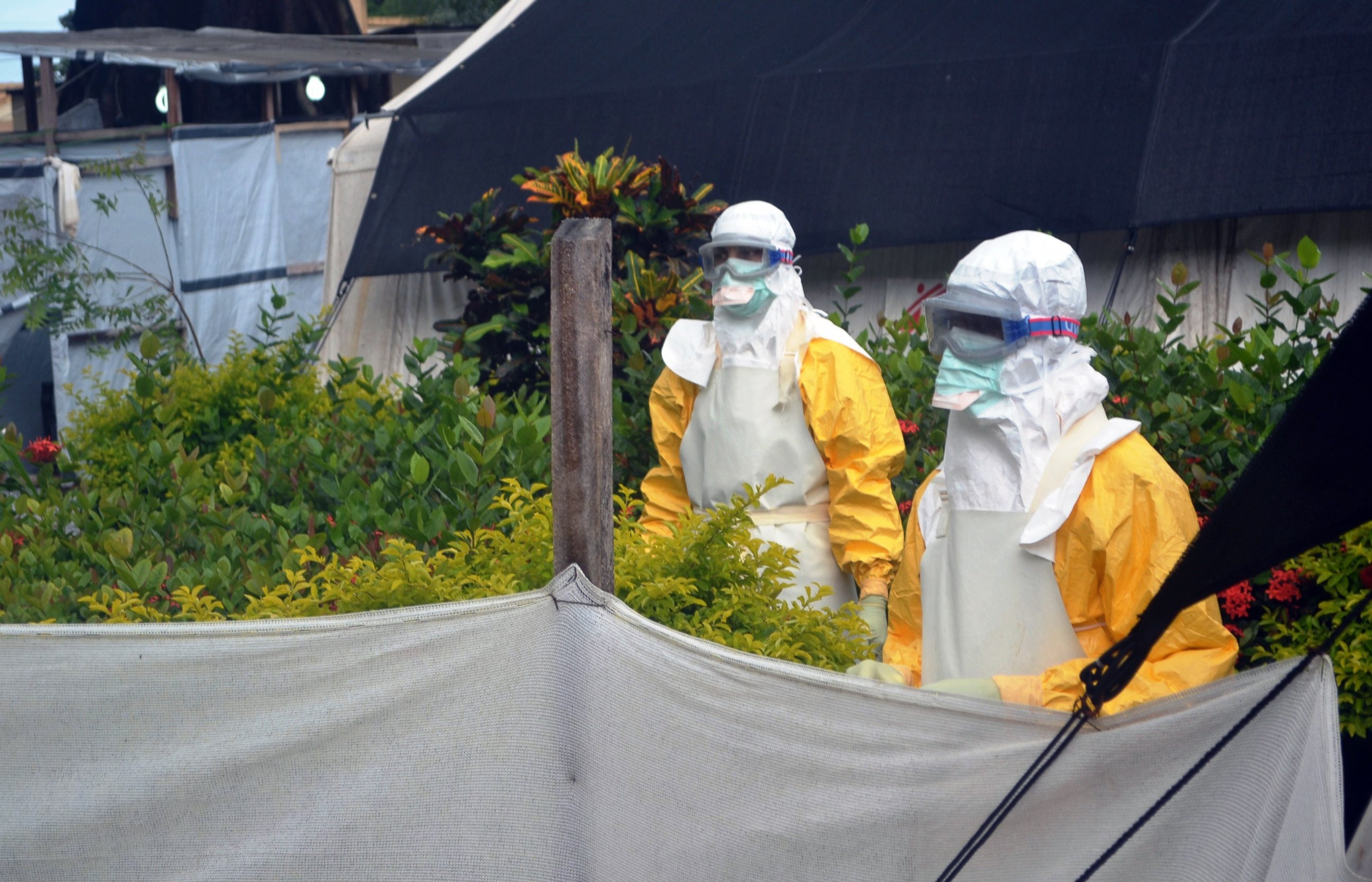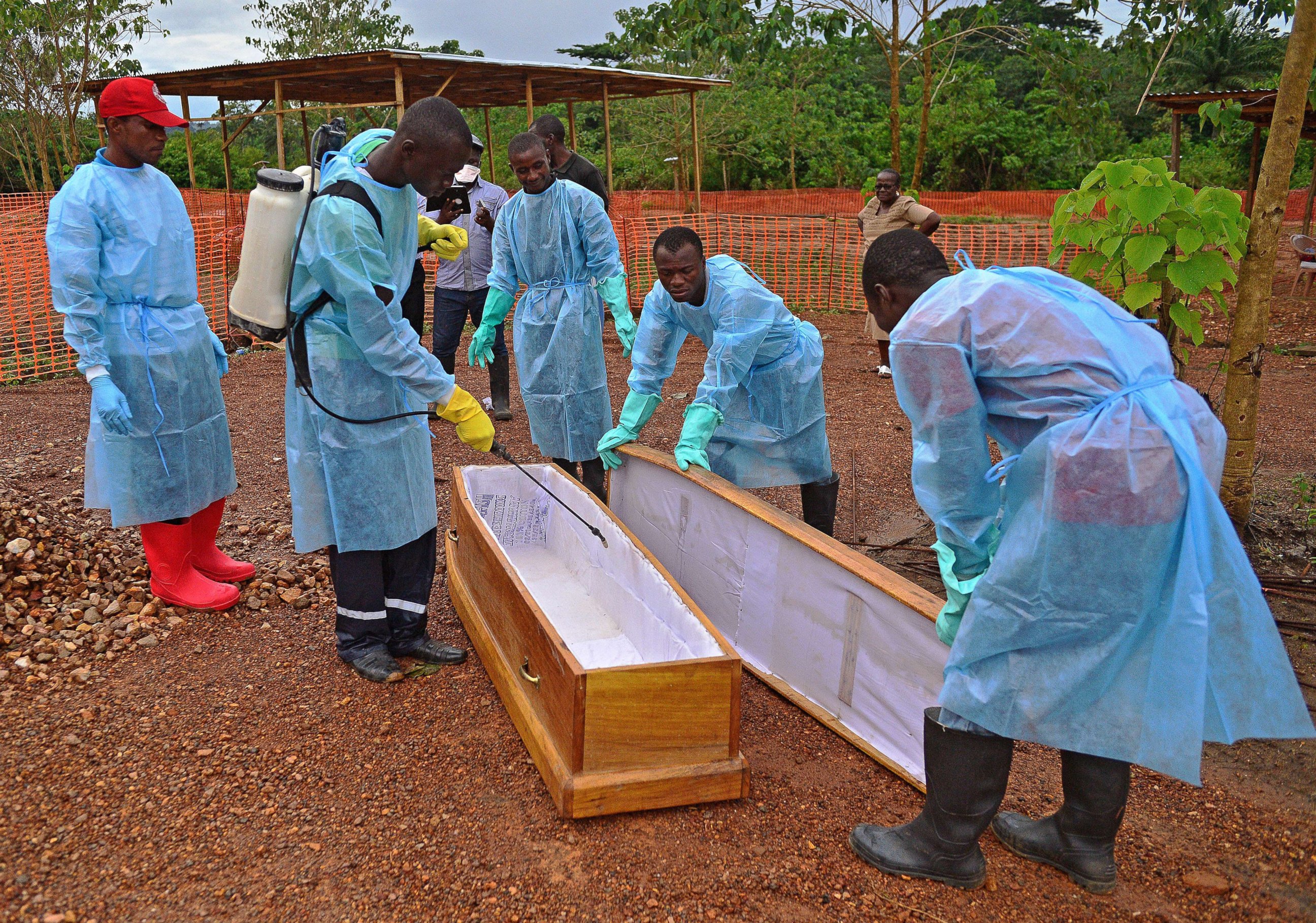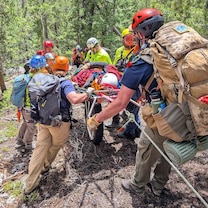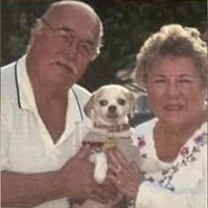US Ebola Patients Out of Hospital But Outbreak Worsens in West Africa
Dr. Kent Brantly and Nancy Writebol were released from a hospital in Atlanta.
— -- Even though two American Ebola patients may be out of the woods in terms of their battle with the virulent disease, officials in West Africa continue to grapple with the worst-ever Ebola outbreak that is showing no signs of stopping.
Both Dr. Kent Brantly and Nancy Writebol have been released from Emory University Hospital after spending weeks in isolation, while being treated for the deadly Ebola virus. Both missionaries had been working in an Ebola ward in Monrovia, Liberia, when they were infected.
During a news conference today, Brantly asked that people who prayed for his recovery also pray for “a quick end to this Ebola epidemic” and not forget about those still battling the disease in West Africa.
What's Happening Now in the Ebola Outbreak
American Doctor With Ebola Received Experimental Antibody Serum Before U.S. Arrival
How Did Ebola Patients Get Experimental Serum?
Details Expected on Release of U.S. Ebola Patients
Brantly asked that supporters "encourage those in leadership and influence to do everything possible to bring this Ebola outbreak to an end."
In Africa, the outbreak has become dire with more than 1,300 dead and medical centers overrun with patients, according to health officials.
Last week, the World Health Organization said the number of known infections may "vastly underestimate the magnitude of the outbreak," according to staff at outbreak sites.
The disease has affected at least 2,473 people and killed 1,350 in four West African countries. In just two days -- Aug. 17 and Aug. 18 -- there were 221 new suspected Ebola cases and 106 deaths, according to the WHO.
Government officials and medical teams have also had to deal with a lack of medical resources and a population that is afraid and ill-informed about how the virus can be spread.


In Liberia, 37 patients fled an isolation center after a mob raided it for supplies, taking blood-stained mattresses, among other things. After the neighborhood was quarantined, clashes between residents and police injured three in the area, authorities said.
In Liberia, Guinea and Sierra Leone, governments have revived the medieval practice of "cordon sanitaire," or a cross-border isolation zone, to try and contain the epidemic. Dr. Joanne Liu, the president of Doctors Without Borders, or Medicines Sans Frontiers (MSF), last week compared fighting the outbreak to wartime, with the "frontline" always moving.
Liu said an MSF treatment center in Liberia was built to treat 40 patients but has been overrun with 137 people, who packed the hallways.
"It's absolutely dangerous," Liu told the Associated Press. "With the massive influx of patients that we had over the last few days, we're not able to keep zones of patients anymore. Everybody is mixed."




